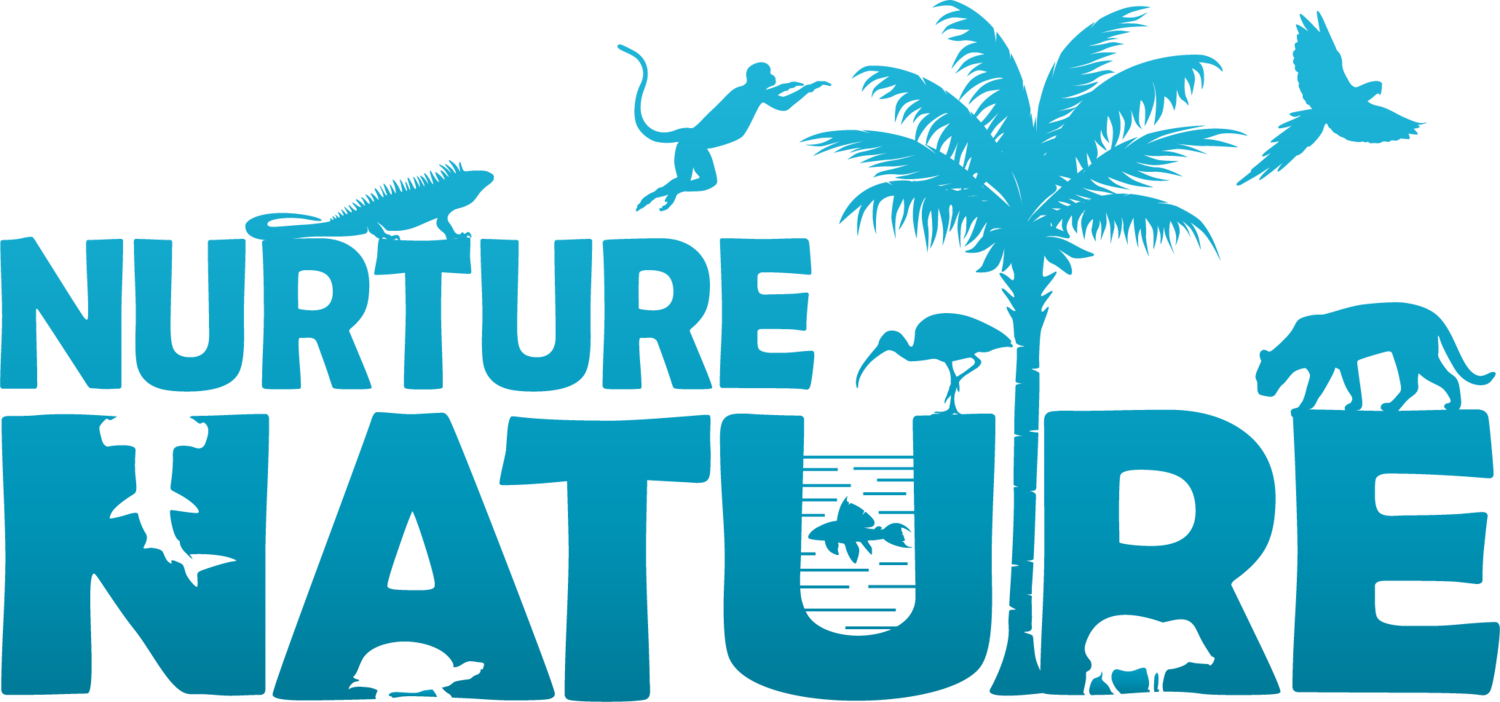
Research
The Nurture Nature Campaign engages in a variety of research activities to better understand the nature of the pet wildlife trade in Trinidad, Tobago, and the wider southeast Caribbean.
Our most recent research includes a national household survey on residential animal-keeping, a survey of wildlife sales in numerous public Facebook groups, and interviews with individuals knowledgeable of the trade.
Enumeration district map used in execution of the National Household Survey
National Household Survey
The Nurture Nature Campaign collaborated with researchers at Michigan State University, the Windward Islands Research and Education Foundation (WINDREF), and the Trinidad and Tobago Central Statistical Office (CSO) to conduct a household survey on residential animal-keeping from September 2019 to January 2020.
The survey randomly sampled 2,004 households with 6,288 residents to explore animal-keeping behaviors, attitudes, and associated demographics in both Trinidad and Tobago. The survey identified 73 different animal species and species groups that are presently kept in the country, the majority of which are undomesticated.
The data on local pet keeping produced by this research is the first of its kind in the Caribbean.
Screen shot of illegal wildlife sales on Facebook as collected for the Social Media Sales Survey
Social Media Sales Survey
Despite being in clear violation of platform policies, wildlife is traded illegally on social media everyday. The Nurture Nature Campaign tracked wildlife sales and transactions in public Facebook groups daily over a period of 5 weeks in late 2019.
The survey identified over 15 traded animal species, the prices asked and offered for their purchase, and ways that buyers and sellers typically move to complete a transaction.
The data collected establishes a baseline for future social media research and represents a novel source of trade data for the country and region.
Screen shot of software used to analyse expert interviews
Expert Interviews
The Nurture Nature Campaign conducted interviews with persons possessing special knowledge of the wildlife trade, including pet shop operators, wild animal keepers, veterinarians, and wildlife traffickers.
The interviews yielded rich information on the norms surrounding the keeping, transporting, and selling of pet wild animals, concerns about the state of regulations, and possible solutions.
This data has been invaluable in the design of our social marketing materials as we seek to dispel common misunderstandings and rationalizations that lead people to wrongfully participation in the harmful pet wildlife trade.
